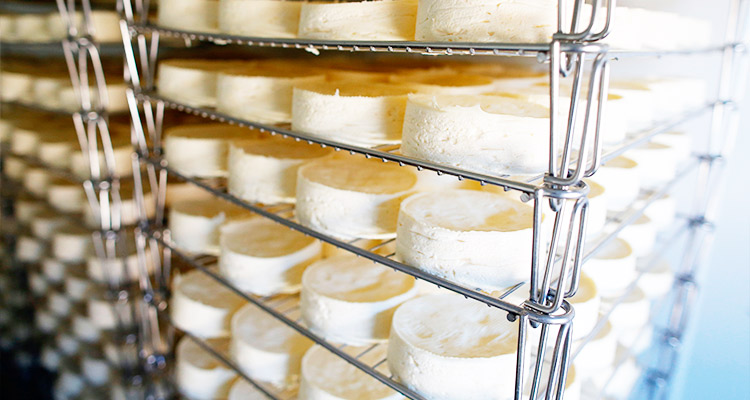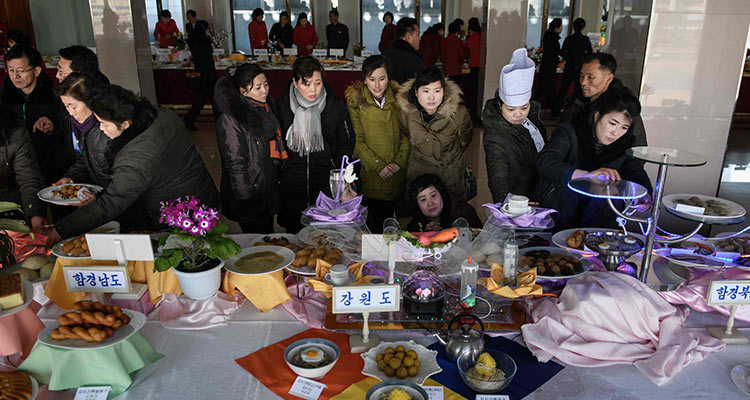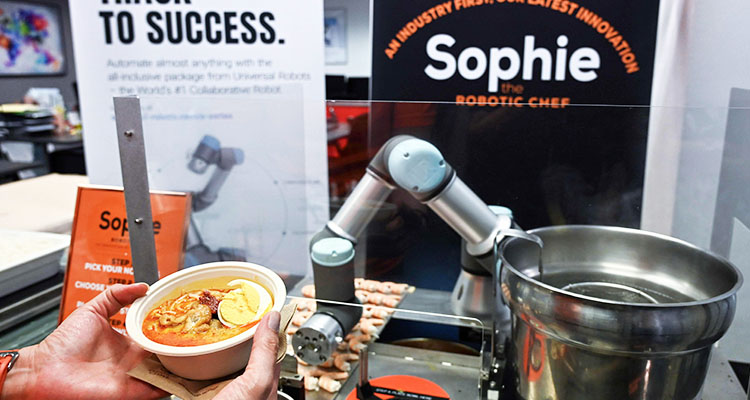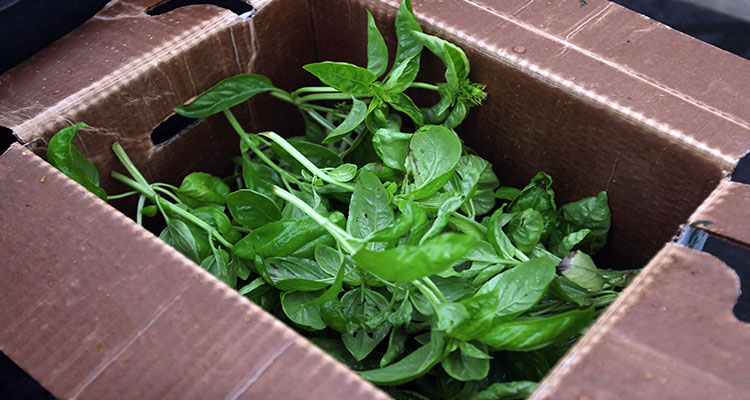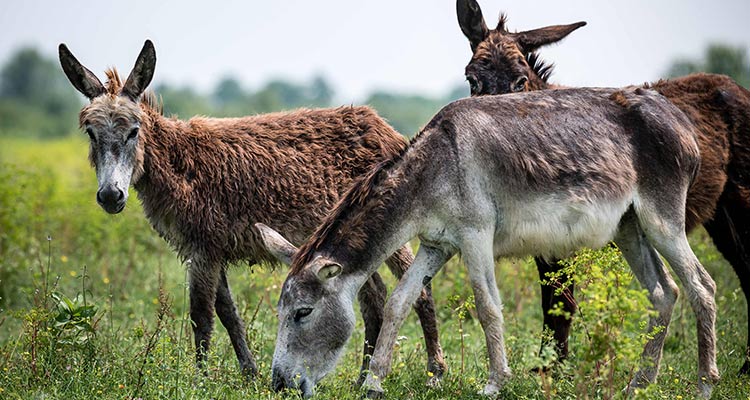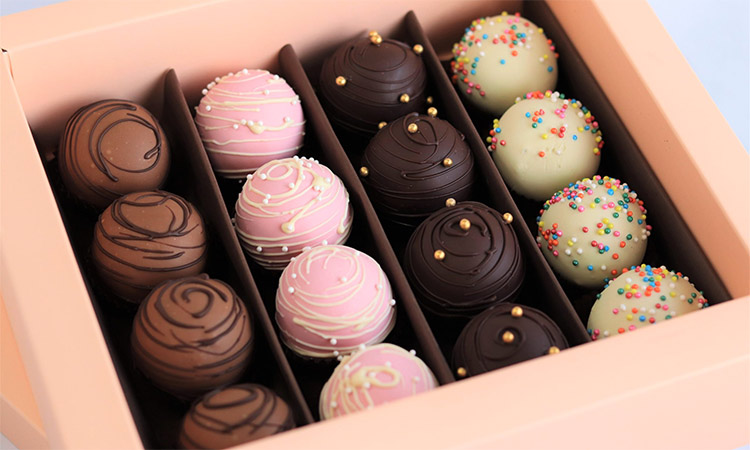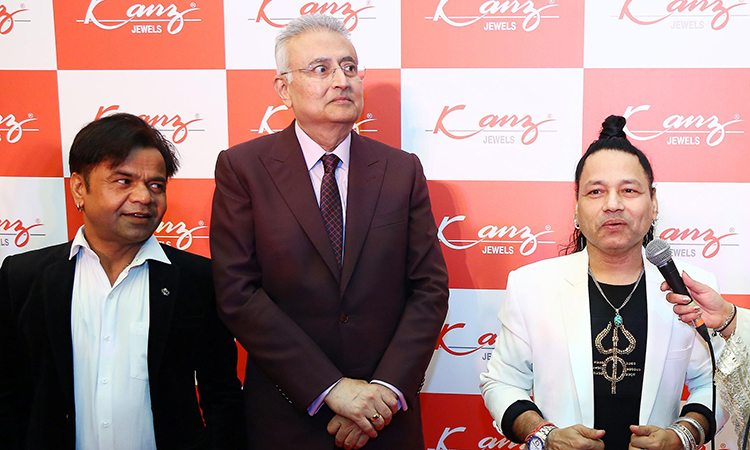Cheese fans raise a stink over plans for pasteurised camembert
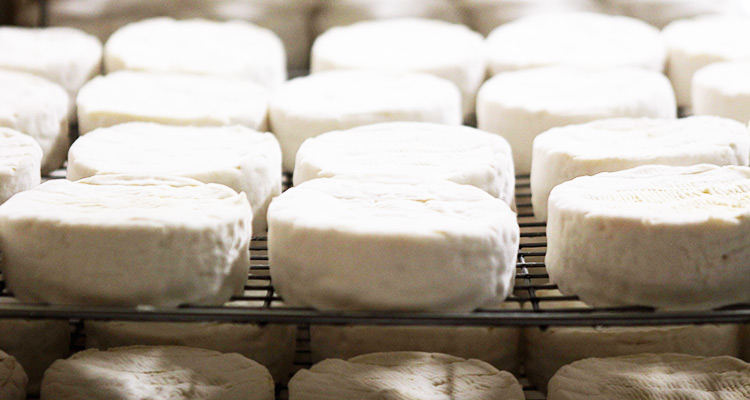
Camembert cheeses stored to ripen at a cheese farm in the French northwestern village of Camembert.
Few foods are more emblematic of France than the pungent white pucks of camembert. But camembert lovers and producers are currently embroiled in a conflict over what constitutes the real thing.
"Other cheeses can be made with pasteurisation, so after all, why not camembert as well?
A bid to update the rules governing camembert's production by allowing the use of pasteurised milk has opened a rift in France, which this year celebrates the 100th anniversary of its strict food and beverage denomination rules -- originally created for wines but later extended to other foodstuffs.
Starting in 2021, cheesemakers hoping to secure the coveted "Camembert of Normandy" label won't have to use only raw milk, as they have been required to do since their rules were introduced in the early 1980s.
Mercier, the AOP Camembert president, who is one of just two remaining producers of raw-milk camembert from his own cows, backed the concession, arguing that it will end decades of declining dairy farming in Normandy.
"We had to reverse this trend of Normande cows disappearing," Mercier said at his Champ Secret (Secret Field) farm outside Flers, on the western edge of France.
Cheesemakers hoping to secure the coveted "Camembert of Normandy" label won't have to use only raw milk.
'Battle against standardisation'
Mercier has invested tens of thousands of euros in state-of-the-art equipment that keeps his organic raw milk safe on its way to becoming his daily output of 750 wheels of for early camemberts, but said this outlay is not for everyone.
"We're restoring the values of camembert, in terms of quality and quantity, in a way that is going to let everyone -- farmer, big companies and artisans -- exist," he said.
But purists are crying foul, saying the rules are being watered down for industry giants like Lactalis, which for years have touted their generic camembert as "Made in Normandy" -- a confusing approximation French officials say has to stop.
'Don't call it camembert'
The famous soft cheese is said to have been created in 1791 when Marie Harel, who lived in the village of Camembert, adapted a recipe for brie she learned from a priest hiding out from the French revolution.
Adding a distinctive wooden box made it easy to transport the cheese, and its ubiquitous presence in the trenches of World War I made it "the" French cheese for Americans, Britons and other Allied soldiers who fought in France.
'Future generations'
"Not everyone can afford a camembert that costs 3.50 euros or more," said Nathalie Goulet, a senator from Normandy's Orne region, who says the changes will benefit the entire dairy industry.
Opponents say that's wishful thinking.
"How can you expect someone working on a tiny scale, all by hand with no corners cut, to make a living -- that cheese has to cost way more in order to be sustainable," said Bronwen Percival, the cheese buyer at Neal's Yard dairy in London and co-author of "Reinventing the Wheel: Milk, Microbes and the Fight for Real Cheese".
"It's not to say there's not a place in the world for a pasteurised camembert, absolutely there is," she says. "Just don't call it camembert."
Agence France-Presse
